Community Engagement Program
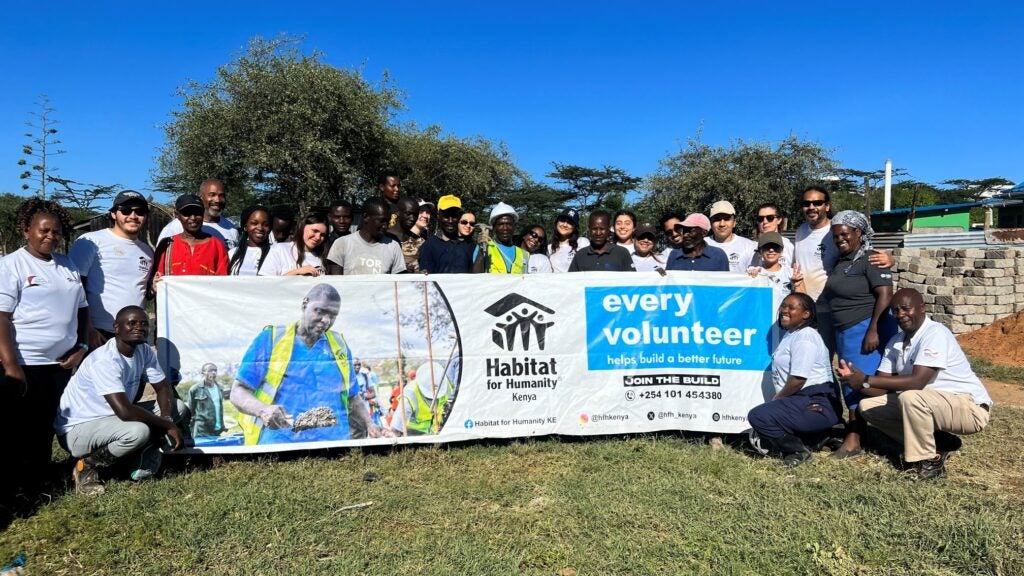
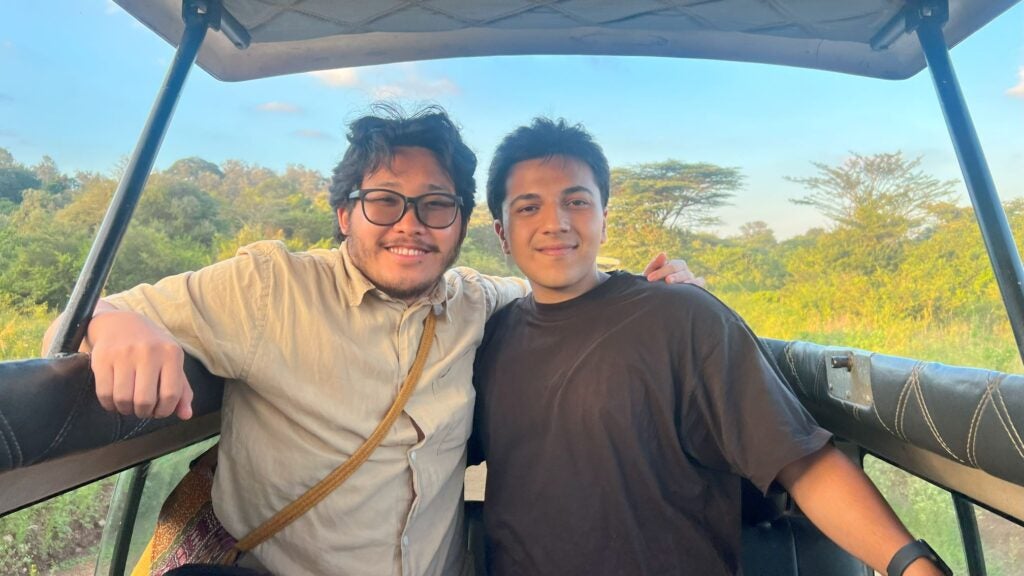
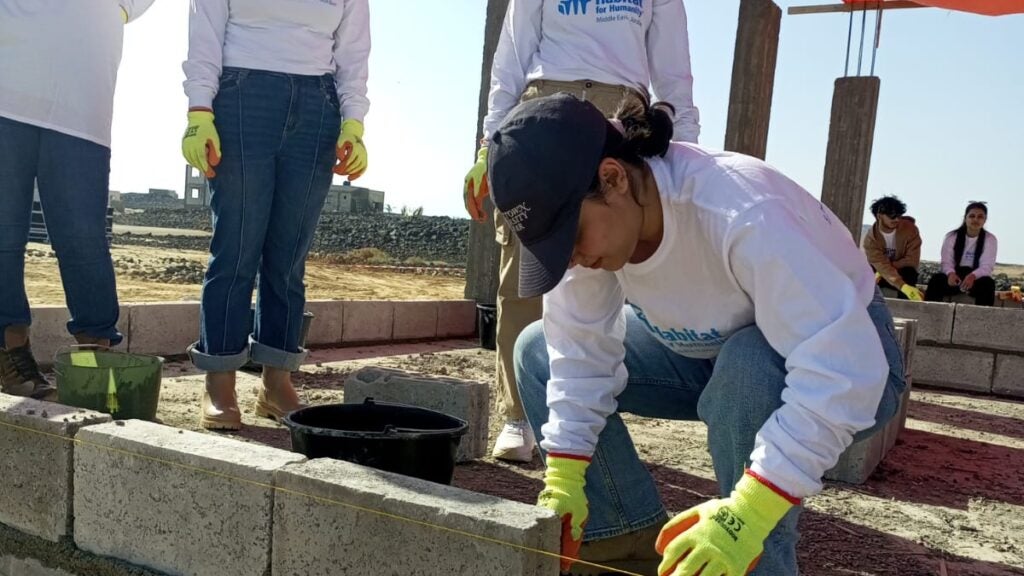
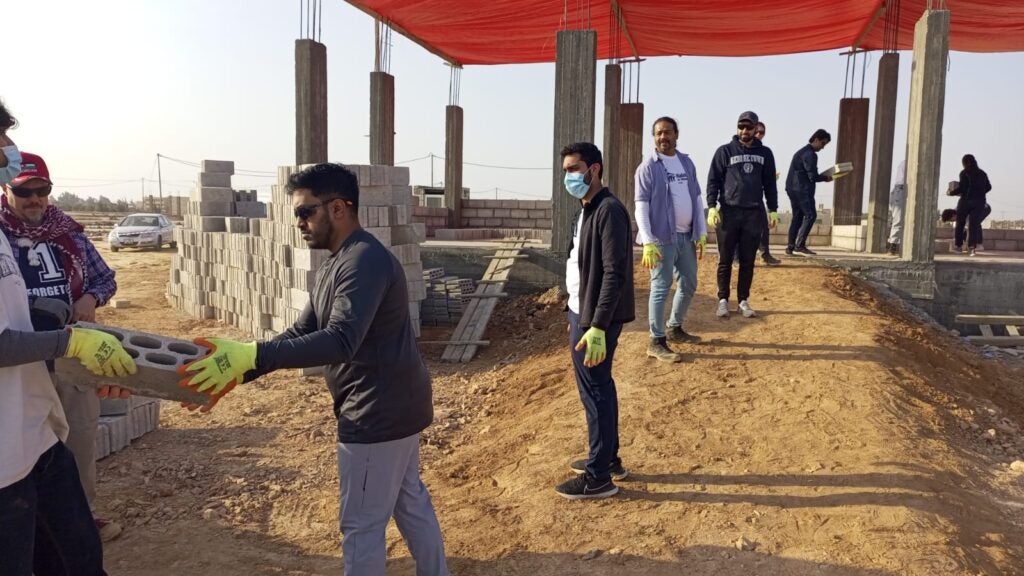

The Community Engagement Program (CEP) at Georgetown University is at the heart of our educational ethos. Through the process of structured academic learning and field experiences, the program addresses the needs and issues affecting our local and international communities, and encourages within our students the values of global citizenship. With a base in Georgetown’s Jesuit values, the program emphasizes critical reflection through personal, experience-based learning and analytical writing and discussion. The university offers one or two CEP exercises a year, depending on the theme and location.
Students who participate in service learning trips do so in conjunction with a curriculum of lectures, movies, and readings that prepare them to fully engage with the projects on site. Following 30 hours of intensive instruction in the classroom on the chosen theme, CEP participants travel to a selected location where they can study their theme in action. Community Engagement trips, which last from a week to ten days, take place during the Spring and/or Summer holidays and are quite physically demanding. During these trips, students learn about the ways in which communities respond and deal with issues such as access to education and health care, gender parity, governance, and development. Our students are also actively involved in the ideation, management, and any follow-up activities.
CEP Learning Outcomes
- Gain theory-based and practical understanding of the year’s global theme
- Develop self-awareness and self-reflection
- Work on leadership and teamwork skills
- Demonstrate a commitment to social justice
Previous Projects
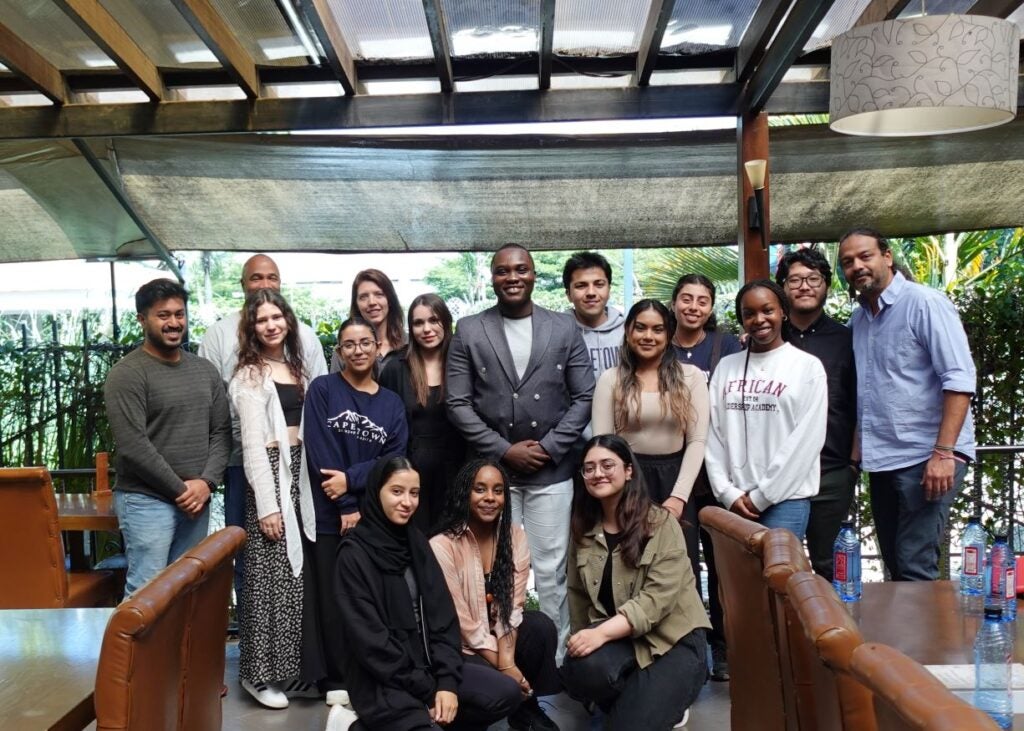
A Transformative Journey to Kenya
In Kenya, students delved into the nation’s vibrant culture and entrepreneurial spirit, focusing on social entrepreneurship and community development. Transformative meetings with World Bank representatives and business owners doing good in their community, as well as building a home for a mother in need were highlights of the trip.
Education Policy – Cambodia – 2017
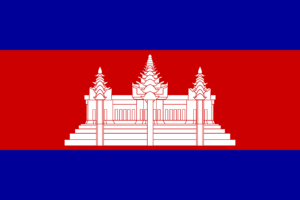
The theme for the 2016-2017 academic year was the impact of Education Policy on state creation and development. Students learned the basics of Education Policy before traveling to Cambodia. On their trip, students met with education changemakers in the government, as well as students and academics from a variety of private and public universities to understand differences in funding and program delivery. The students also visited Battambang and worked in a community.

Disaster Management – Philippines – 2016
The theme for the 2015-2016 academic year was Disaster Management. Participants received Disaster Management Certification from the Qatar Red Crescent Society, before traveling to the Philippines for their case study. In the Philippines, students traveled to Cebu City and Bantayan Island to meet with local stakeholders in Disaster Management and to work with a community displaced by Typhoon Haiyan.
Education and Development – Sri Lanka – 2015
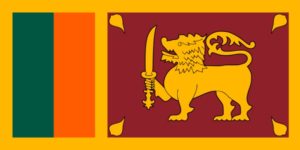
The 2014-2015 Community Engagement Program focused on the theme of Education and Development. The curriculum for the program was designed to incorporate issues including the history of education, overseas development aid and education, the Millennium Development Goals, education and innovation, and the social and legal aspects of education. Students traveled to Sri Lanka to learn about the impact of education policies in the creation and continuation of the civil war. They also studied the role of education in peace-building.
Labor Migration – Philippines and USA – 2014

The students spent their spring break learning about the institutional systems that have built an organized migration experience in the Philippines.

They contrasted their experience with a visit to the United States to learn about the complexity around the policies relating to migration in North America.
Economic Development – Vietnam – 2013

The students studied the impact of economic development in the post-conflict years of Vietnamese history. They worked with a local organization to study the emerging trends of economic activity in the country. In addition, they learned about the impact of eco-tourism as a holistic approach to dealing with the economy and spent a week working on the field in Ninh Binh.
Disaster Management – Sri Lanka – 2012
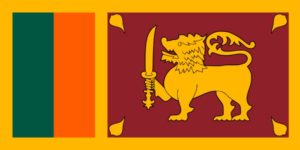
During Spring Break, 15 students went to Sri Lanka to work with Habitat for Humanity and conduct research on the effects of national policies following the devastation of the 2004 tsunami.
Economic Development – Bangladesh – 2011

During Spring Break, sixteen students ventured to the capital city of Dhaka to observe microfinance and economic development firsthand, and to speak with experts including Muhammad Yunus, winner of the 2006 Nobel Peace Prize. The group then traveled to Satkhira District, where they spent five days working alongside local volunteers on houses with Habitat for Humanity.
Disaster Management – USA – 2010

In June of 2010, eight students from Qatar teamed up with eight from the DC campus to help in the rebuilding effort in New Orleans, Louisiana and Biloxi, Mississippi following Hurricane Katrina. In the process, they met with organizations in both Washington and the afflicted areas to learn about the long-term relief efforts that continue years after a disaster.
Disaster Management – China – 2010
Following the 2008 earthquake in Sichuan Province in China, nine students from Doha ventured to the disaster area to engage in rebuilding efforts in the region north of Chengdu. Prior to the trip, all of the students earned certification in Disaster Management from the Qatar Red Crescent, providing them unique insight into the situation in China.

Want to know more about CEP?
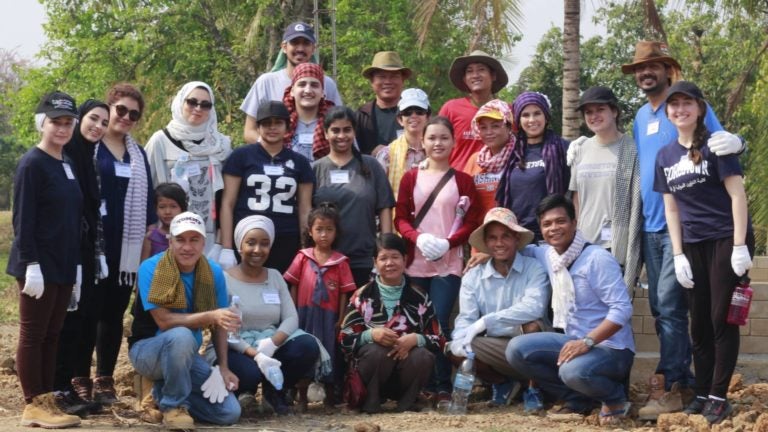
Georgetown Students Study Legacy of Education in Cambodia
Twelve Georgetown University in Qatar students recently returned from an intensive nine-day trip to Cambodia to learn about the role of education in the development of the Southeast Asian nation. The students were in the country as part of the University’s community education program, which aims to provide them with real-world experience of theoretical concepts discussed in class. Through workshops…